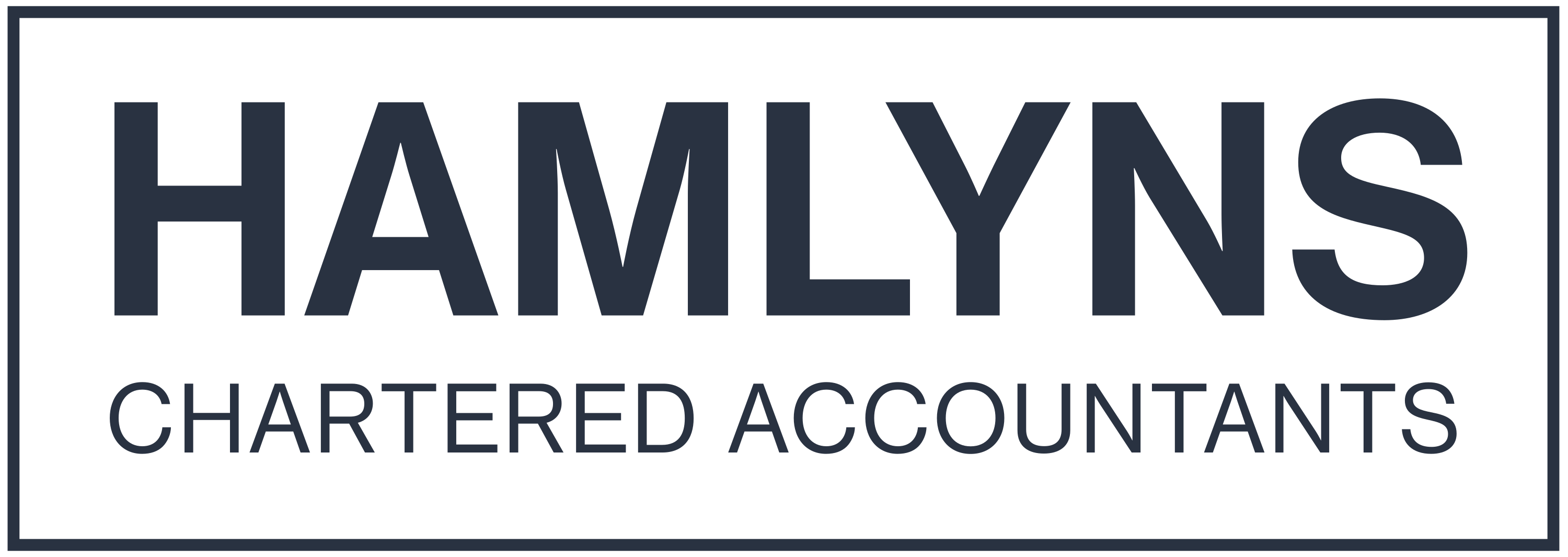Support for Self Employed

SEISS
From Monday 2nd November 2020, the government has extended the Self-Employment Income Support Scheme. The scheme allows self-employed individuals, either as sole traders or in a partnership, who have suffered loss of business due to the updated COVID-19 restrictions, to claim support . These grants cover the three-month periods commencing November 2020 – January and February 2021 – April 2021.
Who is eligible?
Self-employed individuals who will be eligible for SEISS if they:
- Have submitted their self-assessment tax return for 2018/19 by 23 April 2020
- Have traded in the year 2019/20
- Are currently trading and have been adversely impacted by reduced demand due to coronavirus
- Are unable to trade due to coronavirus restrictions but were previously trading
- Are able to confirm that they will be continuing to trade
- Have trading profits of no more than £50,000 and;
- more than half of total income was from self employment for either: a) the tax year 2018/19 and b) the average tax years 2016/17, 2017/18 and 2018/19.
What does ‘adversely impacted’ mean?
- The business has fewer or no customers
- Staff are unable to work
- The supply chain has been interrupted
- One or more contracts have been cancelled
- PPE / Protective Equipment was purchased to comply with social distancing rules
How much will I be entitled to?
For grant three, the government has increased the grant to 80% of the average three months of trading profits, paid out in a single instalment, up to a maximum of £7,500. Average trading profits are based on 2016/17, 2017/18 and 2018/19 profits.
The amount claimable for the fourth grant has yet to be announced.
How to claim?
The online service for the next grant will be available from 30th November 2020.
When will I receive payment?
Grants will be paid within six working days of the claim being submitted. The government has announced that payment windows have been brought forward and therefore payments will be available from Monday 30th November.
Please note the grant is classed as taxable income and is subject to National Insurance Contributions.




